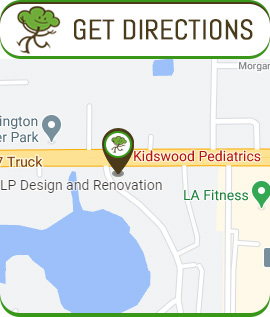Pediatric Immunization Clinic in Winter Park FL
Immunization protects children from contracting illnesses and helps mitigate severe symptoms. At Kidswood Pediatrics Dr. Zully Ambroise M.D. offers pediatric immunizations for the well-being of your child. Immunization consists of receiving vaccinations and building immunity. Immunization provides certain benefits such as saving your child’s health, preventing future illnesses, and saving your family time and money. To learn more, contact us or schedule an appointment online. We are located at 1680 Lee Rd, Winter Park, FL 32789.



Additional Services You May Need
▸ Covid Test
▸ Vaccinations
▸ Well and Sick Visits
▸ Newborn Care
▸ Preterm
▸ Sports Physicals
▸ ADHD Screening
▸ Well Child Care
▸ Flu Vaccination

Additional Services You May Need
▸ Covid Test
▸ Vaccinations
▸ Well and Sick Visits
▸ Newborn Care
▸ Preterm
▸ Sports Physicals
▸ ADHD Screening
▸ Well Child Care
▸ Flu Vaccination


